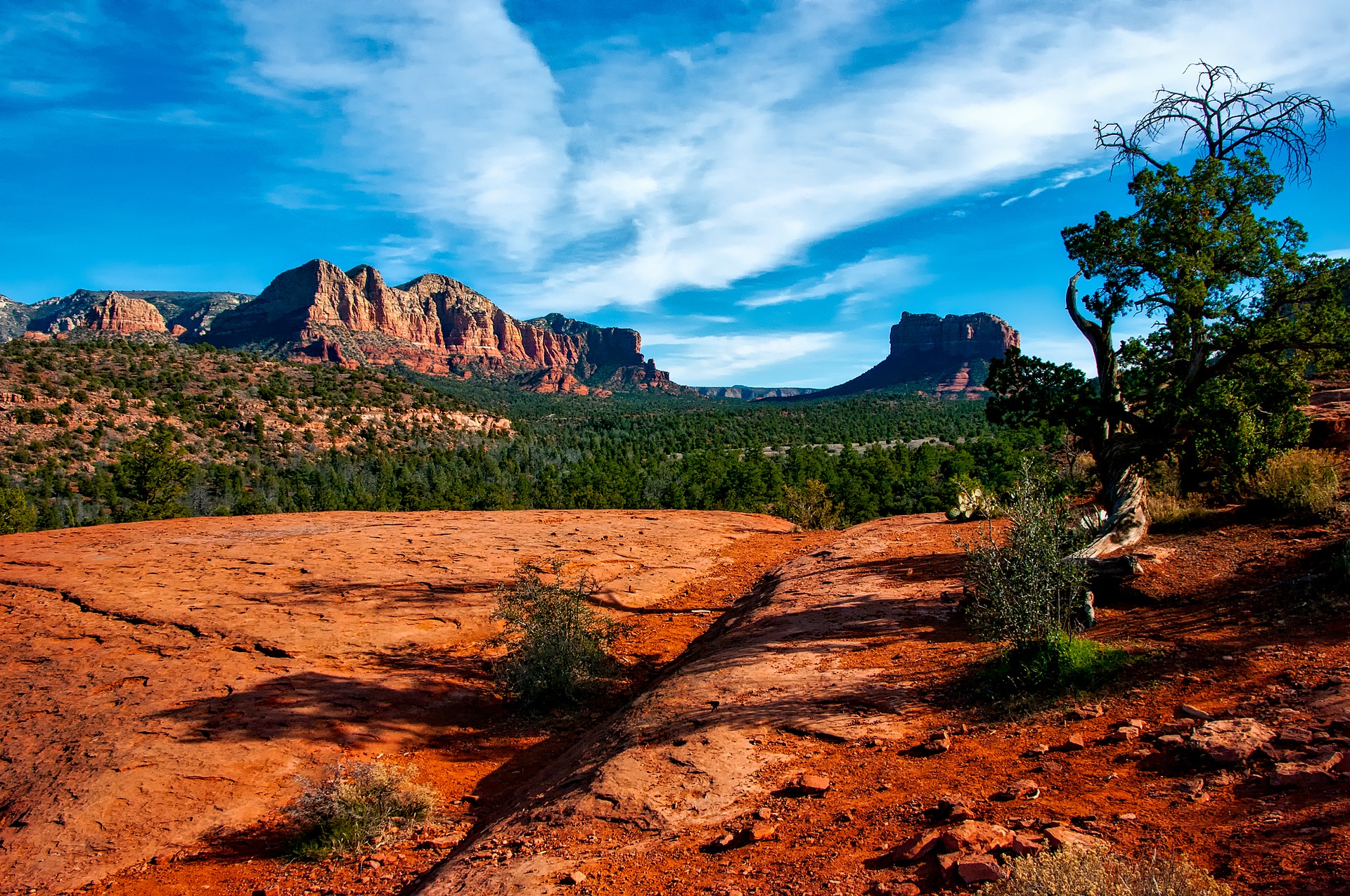The Land of Open Graves: Necroviolence and the Politics of Migrant Death in the Arizona Desert

The School of Human Evolution and Social Change invites you to attend a colloquium featuring the latest research of archaeologist Jason De León.
Since the mid-1990s, the U.S. federal government has relied on a boarder enforcement strategy known as “Prevention Through Deterrence.” Using various security infrastructure and techniques of surveillance, this strategy funnels undocumented migrants towards remote and rugged terrain such as the Sonoran Desert of Arizona with the hope that mountain ranges, extreme temperatures and other “natural” obstacles will deter people from unauthorized entry. Hundreds of people perish annually while undertaking this dangerous activity. Since 2009, the Undocumented Migration Project has used a combination of forensic, archaeological and ethnographic approaches to understand the various forms of violence that characterize the social process of clandestine migration. Drawing on the archaeological concept of taphonomy (i.e., the various post-mortem processes that impact biological remains), the way that bodies decompose in this environment is a form of hidden political violence that has deep ideological roots. Using ethnographic data from New York and Ecuador, the focus is on the families who have lost loved ones in the desert and demonstrating how the post-mortem destruction of migrant corpses creates devastating forms of long-lasting trauma.
About the speaker:
Jason De León studies theories of violence, materiality, death and mourning, Latin American migration, crime and forensic analyses, and archaeology of the contemporary. He directs the Undocumented Migrant Project (UMP), a longterm study of clandestine border crossing that uses a combination of ethnographic, archaeological and forensic approaches to understand this phenomenon in a variety of geographic contexts including the Sonoran Desert of Southern Arizona, Northern Mexican border towns and the southern Mexico/Guatemala border. His book “The Land of Open Graves: Living and Dying on the Migrant Trail” won the 2016 Margaret Mead Award.

